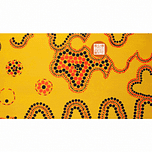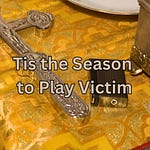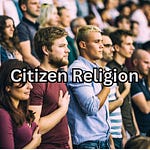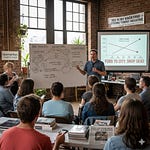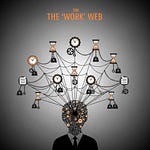Welcome to the digital pages of the Tipping Point, where we're going to take a journey back in time 🕰️, not just for nostalgia, but to understand how we arrived at this peculiar moment. This is a look at the last five decades, a long, winding road that has reshaped our very understanding of what it means to be a community, a society, and a resilient individual. 💪
Let's cast our minds back to the mid-70s. The seismic shifts of the 60s had settled, and a new, more conservative tide was rising, one that would culminate in the election of Ronald Reagan 🇺🇸. At that time, a university degree was still a relatively rare and attainable credential, and the idea of "certification" wasn't the monster it is today. In fact, fewer than 17% of the US population held a bachelor's degree in 1980, placing them firmly in the minority. The unspoken rule was simple: if you could show you were able, that was enough.
But a new paradigm was taking hold. The stock market, once a sleepy, flat landscape, became a casino 🎰. Companies, no longer focused on true innovation that required long-term investment and risk 🧪, shifted their focus. They began to see their primary function not as producers of goods, but as banks 🏦, leveraging capital and selling off assets based on a cold, calculated "internal rate of return." The immediate return on investment became more important than the painstaking work of creation.
Hand in hand with this financialization came the rise of the service industry. No longer did you fix things yourself 🔧 or ask a friend for help. You hired someone. A professional. This might seem innocent, a simple matter of convenience, but its side effects have been profound.
By outsourcing our skills, we lost them. The knowledge of how to do things—to build, to fix, to create—began to fade from our collective memory 🧠. Our ability to do things for ourselves was replaced by a dependence on others. This wasn't a malicious act, but a slow, quiet erosion of what we once called social capital.
This social capital, as described by thinkers like Robert Putnam, was the glue that held us together. It was the network of loose ties, the unspoken contract of mutual aid where you helped a neighbor not for immediate payment 💸, but with the understanding that when you needed help, that same network would be there for you. This was the true source of a community's resilience, its adaptability, its robustness.
Today, we've taken this a step further. We've entered the era of the "certification industrial complex" 🎓. A bachelor's degree is no longer enough. We now require masters, and sometimes multiple, just to meet a "minimum standard." We've been told we're not qualified, not professional, not capable. This is the insidious concept of "learned helplessness" writ large across society. We've convinced ourselves we can't do things, not because we lack the physical or mental capacity, but because we lack a piece of paper 📜.
This path has led us to an uncomfortable place. We are a collection of individual islands, feeling increasingly lonely 😟, isolated, and lost when things go wrong. We have traded the messy, time-consuming work of fostering relationships and building community for the clean, efficient transaction of paying someone else. We feel we have no time ⏳, so we donate money instead of our presence, giving up the human interaction that was the more valuable part of the equation. We are driven by external motivators—status, money, titles—which are fleeting and can be taken away.
But there is another way. There is the path of intrinsic motivation ✨. These are the things we do for self-satisfaction, the skills we master for our own growth, the acts of service we perform without expecting anything in return. These are the things no one can take from us. This is what builds true, lasting resilience, not just for ourselves, but for our communities.
This path isn't easy. It requires us to overcome the fear of rejection, the hurt of having our openness taken advantage of. It demands a long-term perspective, an understanding that life isn't a linear progression of triumphs, but a winding road of setbacks and self-doubt.
But it is in these moments of struggle that we truly test our resilience. And it is in the act of sharing that personal resilience with our community—of breaking down the barriers of learned helplessness and non-acceptance—that we find our ultimate purpose. Our responsibility is to throw ourselves back into that cauldron 🍲 of day-to-day activities, to reconnect, to share, and to build that collection of loose associations that ensures we can all do okay.
So let’s leave the certifications, the learned helplessness, and the non-acceptance to the side. Let’s remember that our individual resilience, while powerful, is no substitute for a community ecosystem that is adaptable, flexible, and robust. It's in the quiet, often unglamorous, work of mutual aid and genuine connection that we'll find what truly makes it all worthwhile. 💖

